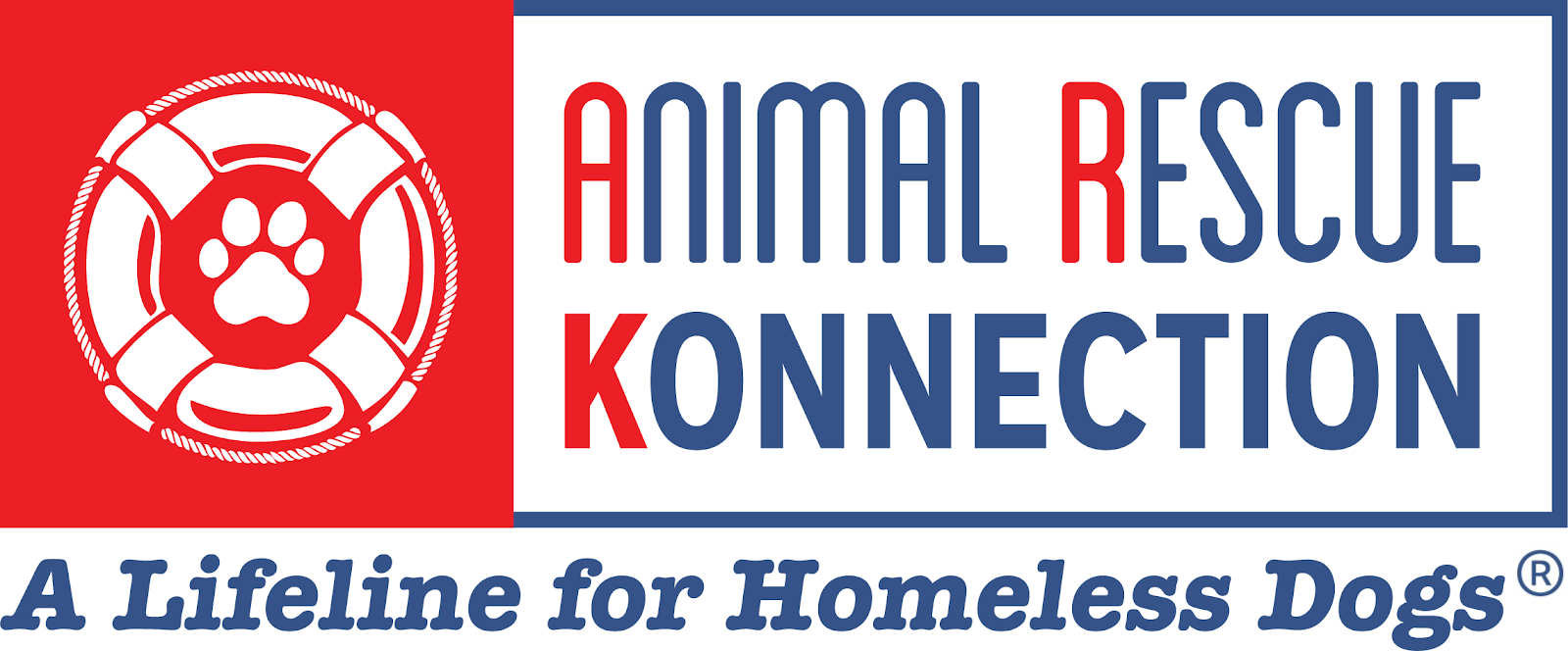Is Rehoming Really Necessary?
Depending on the situation, ARK may be able to advise you on ways to either keep your dog or better manage your dog during the rehoming process. Is it financial support you need for food or veterinary care? Is your landlord giving you an ultimatum? Did your dog nip or bite someone? Did you adopt a dog in good faith but his/her behavior is more than you can handle? Has your dog become too unruly for you to manage?
These are some examples of situations in which we have helped hundreds of dog owners, and we may be able to help you manage your own situation. You may think your dog is aggressive, but in reality most dogs are afraid and react to their fear by telling the other person/dog/fire hydrant, “You’re bad!” or “I’m scared!” “Stay away!”
Options other than euthanasia
To understand your dog better, dissect his/her behavioral incidents objectively. What triggered the incident(s)? Normally a dog growls, snaps, reacts, or bites for a reason such as stress, fear, frustration, or from having no outlet for the natural flight response. Each dog and each incident differ. Examine the who, what, when, where, and how surrounding the incident(s) which will lead you to the why. For biting issues, consider the level and type of bite, which ranges from tagging to cause a scratch to multiple bites causing serious injury.
Be honest with yourself. How could these incidents be avoided? What can you do better? Before making a life or death decision, modify your household to keep everyone safe. Two common changes are to gate off areas, or for multiple-dog homes, crate and rotate. Please seek competent assistance to walk you through these and other strategies. Ask shelters, animal control officers, and rescues for help, but be selective. Look for organizations that use best practices and have staff/volunteers that not only care about helping dogs with behavioral issues but have experience in doing so and have the ability to problem solve versus simply euthanize the problem away.
Dogs with Behavioral Issues
Have you lost control over your dog’s behavior, and the issues are affecting your family’s lifestyle or well-being? Before rehoming, please exhaust available options so that an available home is left for homeless shelter dogs.
Most behaviors can be improved and managed through training, behavior modification, counter-conditioning, rehabilitation, and/or veterinary intervention. Most often the issues stem from a lack of training or the wrong type of training for the particular dog, a lack of exercise, change of environment, or major life changes.
Your dog isn’t giving you a hard time, he is having a hard time. As owners, we are responsible for listening to and learning what they are communicating to us through their behavior.
Does your dog need any of the following? You may be able to resolve the situation so that you and your dog can stay together. If you do rehome, you should still pursue these options to make your dog more adoptable.
- Basic obedience training if your dog never attended training.
- Positive reinforcement training if your dog’s behavior grew worse after aversive training.
- Veterinary care if your dog is past due for an annual exam and vaccinations.
- Veterinary care if your dog has a sudden onset of behavioral issues (to rule out any medical problem).
- Behavioral evaluation if various training and efforts you have tried are not working.
- Personal realistic reflection about your consistency in training your dog using the methods learned in training programs.
- Personal realistic reflection over your own situation or behavior that may have affected your dog’s well-being.
We owe it to our canine companions to be honest with ourselves and seek help rather than use their behavior to justify euthanasia.
- For reputable certifying organizations to find a trainer or behaviorist, check these Recommendations
- ARK may be able to financially support owners who cannot afford training, but all household adults must be committed to attend the training, and more importantly, be committed to the continued reinforcement of learned skills. Please Contact us to discuss this opportunity.
- For veterinary intervention, schedule a full exam as soon as possible. Financial support may be available through your own search or from these Resources
Do-it-Yourself (DIY) Rehoming
If you can no longer keep your dog, please follow our guidelines for safe and responsible rehoming. It takes time and effort, but you will have peace of mind knowing your dog is going to a good home.
Note: ARK does not have a facility or foster program, and never takes ownership of a dog. The information provided here is for owners who remain responsible for their dog throughout the rehoming process.
Many people have rehomed their dogs on their own, but before starting, please read our Rehoming Instructions to see what’s involved. You will learn the steps to market your dog, find the right adopter, and transfer ownership. We provide tips sheets for writing bios, taking photos, and having meet-and-greets. We also provide an adoption application and a sample contract.
The most important factor in rehoming your dog is your willingness to do the work. Your dog needs you now more than ever, so please follow the instructions or those of other organizations.
Rehoming your dog on your own frees up time for our volunteers to help homeless dogs. However, should you have questions or feel overwhelmed, an ARK Rehoming Advisor will try to help you navigate the process. We will also brainstorm options with you based on your dog’s needs and your particular situation. Please read the Rehoming Instructions and review the Tips & Tools before you Contact us.
Rehoming Resources
Several credible organizations provide information on how owners can rehome their dogs. The information is similar to ours, but the level of detail varies from one site to the next. You may be interested in using one or more of these additional resources.
